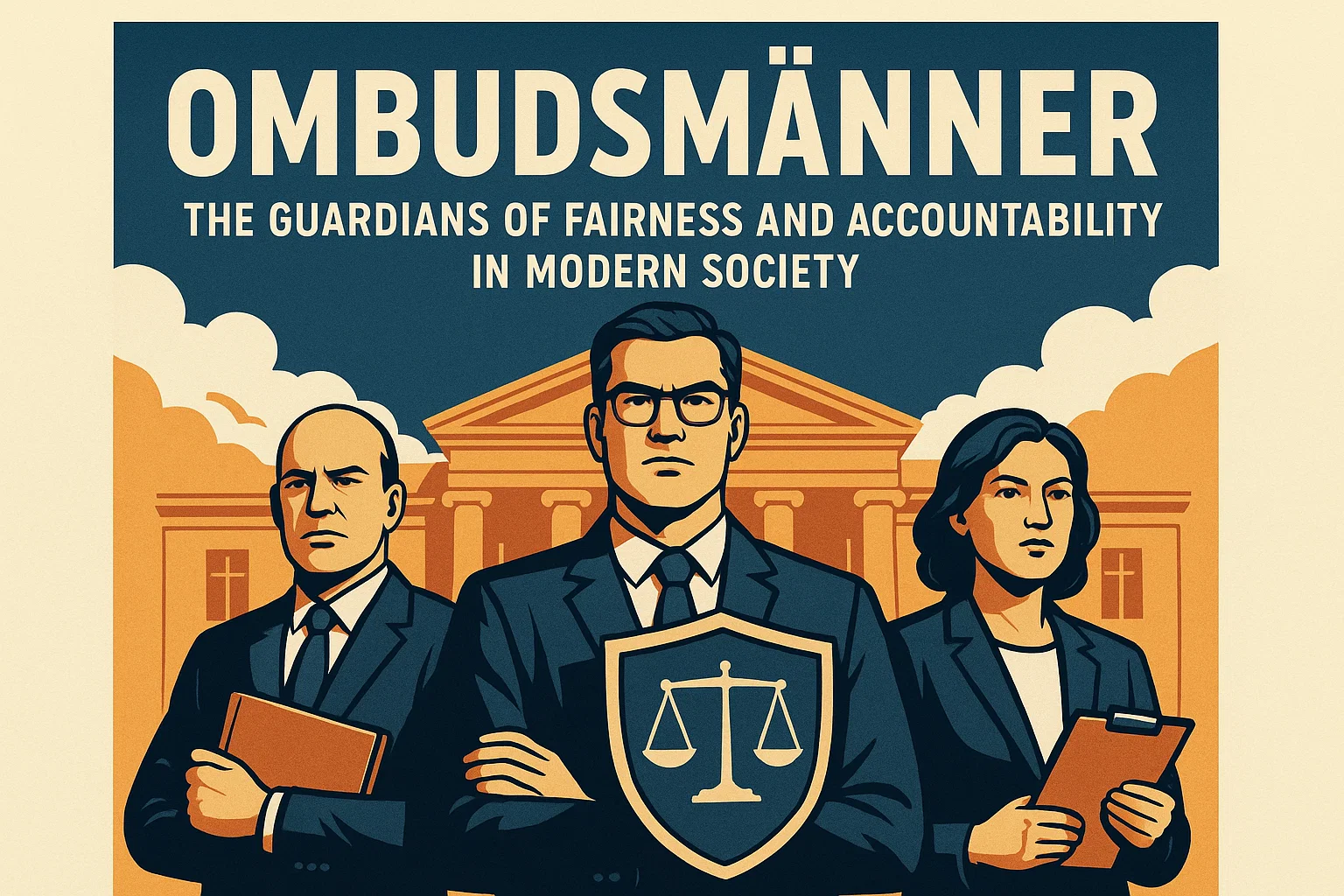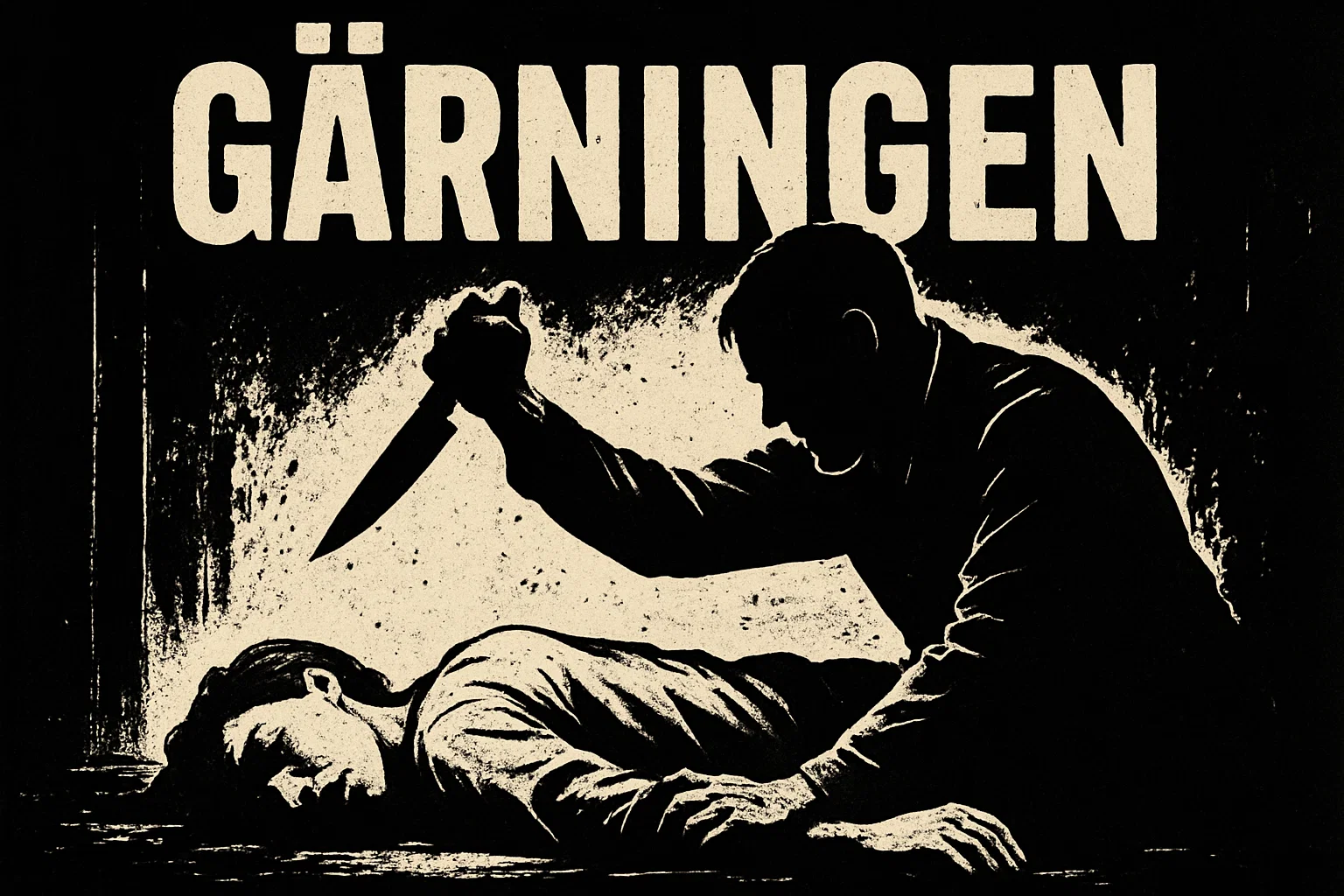In democratic societies where justice, transparency, and accountability are paramount, the role of Ombudsmänner (plural of Ombudsmann, or “ombudsman” in English) has become increasingly important. Derived from Scandinavian governance systems, the concept of an ombudsman has evolved into a powerful tool for ensuring citizens’ rights are respected and public institutions are held accountable. Today, Ombudsmänner operate in various sectors including government, finance, education, healthcare, and even corporate environments. But what exactly do they do, and why are they essential?
This article explores the meaning, responsibilities, and growing significance of Ombudsmänner in both public and private sectors around the world.
What Is an Ombudsmann?
An Ombudsmann is an independent official, typically appointed by a government or organization, who investigates complaints from individuals regarding unfair treatment, administrative injustice, or abuse of power. The plural term Ombudsmänner refers to multiple such officials. Their key function is to serve as a neutral intermediary between the public and an institution.
Ombudsmänner do not represent either side in a dispute. Instead, they examine claims impartially and recommend solutions, often through negotiation, mediation, or official reports. Their role is crucial in situations where individuals or groups feel powerless against large bureaucracies or systems.
Historical Roots and Global Expansion
The concept of the ombudsman originated in Sweden in the early 19th century. The first official ombudsman was established by the Swedish Parliament in 1809 to oversee the government and ensure it operated fairly and within legal bounds.
Since then, the concept has spread globally. Today, countries around the world have ombudsman offices at national, regional, and municipal levels. In Germany, the term Ombudsmänner is used to describe such officials working in both public and private sectors.
Types of Ombudsmänner
There are various categories of Ombudsmänner depending on the area they serve:
- Public Sector Ombudsmänner
These officials typically oversee complaints about government agencies, local councils, or public services. They ensure that laws are followed and that citizens are treated fairly. - Corporate Ombudsmänner
Many large companies, especially in finance and telecommunications, appoint ombudsmen to handle internal disputes, whistleblower cases, and customer complaints. - Educational Ombudsmänner
Universities and schools sometimes have ombudsmen to help resolve issues involving students, staff, or faculty, such as harassment or unfair academic treatment. - Healthcare Ombudsmänner
In hospitals and insurance companies, ombudsmen help patients navigate complex systems and file grievances related to care or coverage.
Key Responsibilities
The duties of Ombudsmänner may vary depending on their field, but generally include:
- Receiving Complaints: Acting as a first point of contact for individuals seeking redress for unfair treatment.
- Investigating Cases: Conducting impartial inquiries into the issue raised.
- Recommending Solutions: Proposing fair resolutions, policy changes, or disciplinary actions.
- Reporting to Authorities: Submitting findings and recommendations to leadership, regulatory bodies, or the public.
- Raising Awareness: Educating people about their rights and institutional responsibilities.
Importantly, Ombudsmänner must remain independent, confidential, and neutral at all times.
Why Ombudsmänner Matter
In an age where institutions can often feel distant or unresponsive, Ombudsmänner play a vital role in restoring trust and balance. Here’s why they matter:
- Protecting Citizens’ Rights: They give a voice to individuals who might otherwise be ignored or mistreated.
- Promoting Accountability: Institutions are more likely to act responsibly when they know an independent party is watching.
- Improving Governance: By identifying systemic issues and recommending policy changes, Ombudsmänner contribute to long-term reform.
- Resolving Conflicts Peacefully: They help prevent lawsuits and public disputes by resolving issues quietly and fairly.
Challenges Faced by Ombudsmänner
Despite their important role, Ombudsmänner face several challenges:
- Limited Authority: In many systems, their recommendations are not legally binding.
- Lack of Awareness: Many people are unaware that they can seek help from an ombudsman.
- Underfunding: Without adequate resources, ombudsman offices may struggle to handle caseloads efficiently.
- Institutional Resistance: Sometimes, organizations resist cooperating with investigations or implementing recommendations.
Future of Ombudsmänner
As societies grow more complex and citizens demand greater transparency, the relevance of Ombudsmänner is increasing. Many countries are now strengthening their ombudsman systems by:
- Making recommendations legally enforceable
- Increasing funding and visibility
- Expanding their jurisdiction into digital rights, workplace equality, and data protection
With the rise of artificial intelligence, privacy concerns, and institutional distrust, Ombudsmänner may soon become even more essential in safeguarding justice and fairness.
Conclusion
Ombudsmänner are often unsung heroes in the modern world—quietly working behind the scenes to ensure justice, fairness, and accountability. Whether they serve a government body, a private corporation, or a public service organization, their role is vital for a well-functioning and equitable society.
As we continue to demand better from our institutions, the role of the Ombudsmänner will only grow in importance, acting as trusted guardians of the people’s rights in a world that often feels impersonal and bureaucratic.










